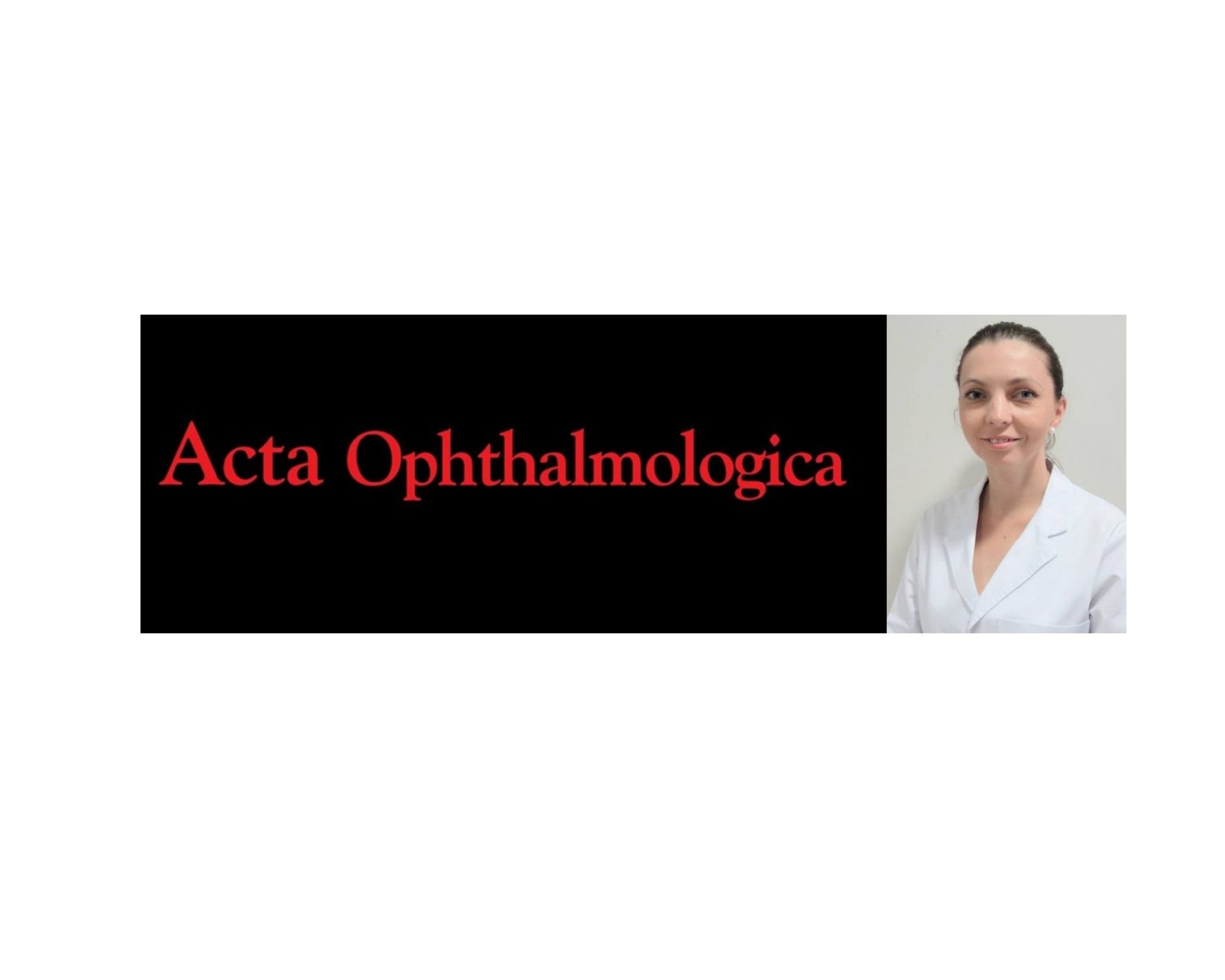
Dr. Agnieszka Dyrda, member of the ICR’s Department of Retina and Vitreous and Department of Cataract, has published together with the European Society of Retina and Vitreous (EVRS) an article that evaluates at international level the different therapeutic approaches of this pathology and makes a review of the current literature on it.
The article, published in the prestigious medical journal Acta Ophthalmologica, presents the results of an international study that compares the daily clinical practice of 63 European centers and evaluates the characteristics of 1719 patients diagnosed with central serous chorioretinopathy.
This new study has gathered the best experts from 24 European countries, including Dr. Dyrda, to study the characteristics of this disease in the European population and the different therapeutic approaches used in these countries, such as the differences and similarities in the treatment of Central Serous Corioretinopathy.
The article is titled An international collaborative evaluation of central serous chorioretinopathy: different therapeutic approaches and review of the literature. The European Vitreoretinal Society central serous chorioretinopathy study and can be consulted on the website of Acta Ophthalmologica.
Contact us or request an appointment with one of our specialists.